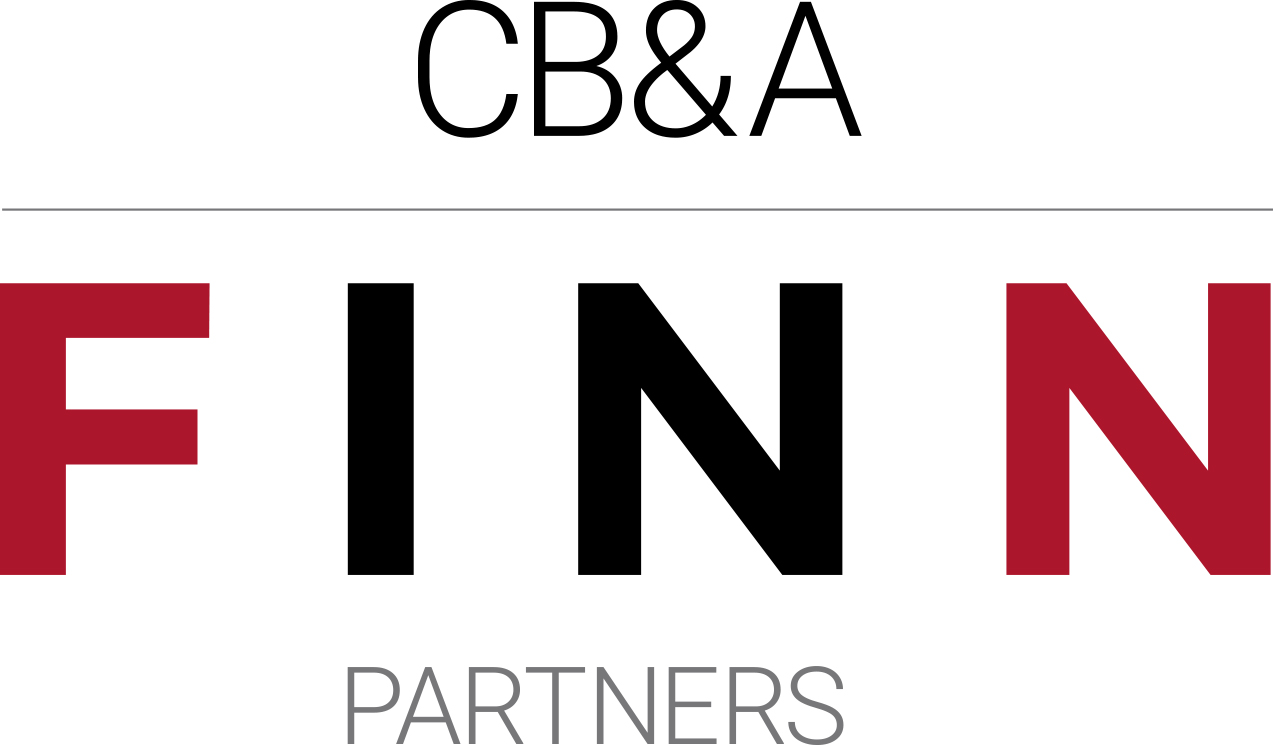
 This is the second post in a three-part series about research conducted by C. Blohm & Associates and Winter Group during focus group sessions at ISTE in Atlanta. Part one covers “Where Educators Get the Scoop on New Products”.
This is the second post in a three-part series about research conducted by C. Blohm & Associates and Winter Group during focus group sessions at ISTE in Atlanta. Part one covers “Where Educators Get the Scoop on New Products”.
Despite what we’ve all heard about the death of traditional education marketing, educators assured us at ISTE that they still pay attention to it.
For emails, educators told us that their decision to open and read an email is based entirely on the subject line, it’s the most important factor. They don’t appreciate a constant email barrage, but they like to receive links to interesting stories, how-tos and infographics. This kind of communication delivers helpful, useful information and drives inbound activity.
Even though educators rely primarily on the subject line when deciding to open email, companies still have to earn their audience’s trust. Don’t waste their time. Don’t use sales language. Respect their professional commitment. Share information. Be helpful.
Educators also value conferences. State and regional conferences are still centers of influence. These conferences are an ideal place to engage with educators and begin the process of building relationships. Often you can talk to more people from a single district at a state conference and get a fuller appreciation for the challenges they face.
Webinars are a primary channel of communication for many companies. When we asked educators about them, they were quick to say that they appreciated webinars. But they wanted conferences to be shorter, full of helpful information, and definitely not a sales pitch. The ability to see the presenter and chat with other attendees makes it more meaningful for educators. They particularly appreciate the opportunity to view archived webinars at their convenience.
Finally, print is not dead. Some educators said they throw away all print unless it is a company they’re interested in. Others say that they hang onto and read print, particularly product reviews in favorite publications. Some read both print and digital. But print still holds its own.
These focus groups gave us a lot to think about. But the overarching message is that companies can still use traditional methods to promote and sell their products. The better you understand how to help tech directors, instructional leaders, or classroom teachers, the better you will be able to integrate your messaging across multiple channels and tailor the message to both the channel and the audience.
Thanks to the focus groups of educators who met with us at ISTE in Atlanta. Groups of district and building level technology and instructional staff met to exchange opinions on a wide-ranging list of topics affecting schools and districts. This independent market research from C. Blohm & Associates and the Winter Group was presented last month to education marketers at the EdNET conference in Baltimore.

